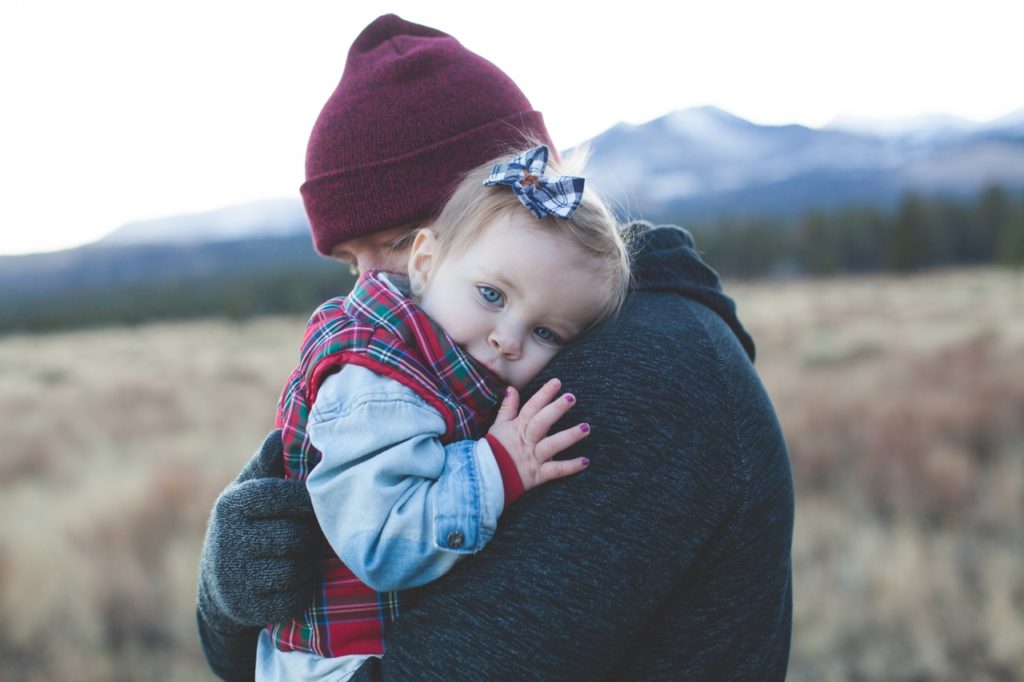A child is created with two parents and should be able to maintain a relationship with both throughout their lives. Whether this includes frequent contact, overnight access or shared living accommodations – the bond between both parents should be strong, for the best interest of the child. Far too many times, common situations arise that can cause grieve and anxiety for your children – that you may not be aware of.
Here are three things that can cause your child stress over the divorce that you need to avoid.
Keep Information About Divorce Basic
Children should be kept from any adult conversations or discussions pertaining to the divorce – especially if this includes reasons behind the split. It is never appropriate to mention infidelity to a child, nor is it appropriate to state specific reasons behind the split. Make sure that all conversations with friends and family are kept away from the children, as overhearing parts of adult discussions can lead to their own conclusions. Keep information about the divorce basic, with reasons of “it’s just not working out anymore” or “we’re just not getting along anymore”.
Keep Negativity to Yourself
Never mention anything negative about your spouse to your children, including any support or access visits. Remember that a child deserves a happy relationship with both parents, even if you believe otherwise. Make sure you ask friends and family members to limit conversations about the other party to private chats – when your children are in bed or when they’re not in the home. Calling your spouse names can cause stress and hurt as they feel they have to choose between the parents – which shouldn’t be the case.
Never Argue or Fight in Front of the Children
Kids are sponges – they absorb everything they see and hear, using it to form an opinion on the situation. Creating negative environments (with fights, screaming or physical altercations) does nothing but teach the child that the new change is a negative one. Regardless of the situation, make the commitment to never bring conversations or disagreements up in front of the kids – saving important conversations for other times that the two of you can discuss things privately and calmly.
Don’t Put Blame on the Other Parent
Similar to that of the reasoning behind the divorce, it’s important that children not hear a parent blaming another for the separation. This is true for any situation in which a child wants answers, “why does daddy have to leave?” should not be answered with “because he wants to start a new family.” Instead, offer a simple explanation of, “he doesn’t live here anymore.”
By shifting the focus away from hurt and blame, your children will begin adapting to the new environment – without feeling like they have to take sides or make judgements against the “lesser” parent. The ability to absorb into the new routine will become less painful for everyone involved if both parents commit to being pleasant and courteous.

